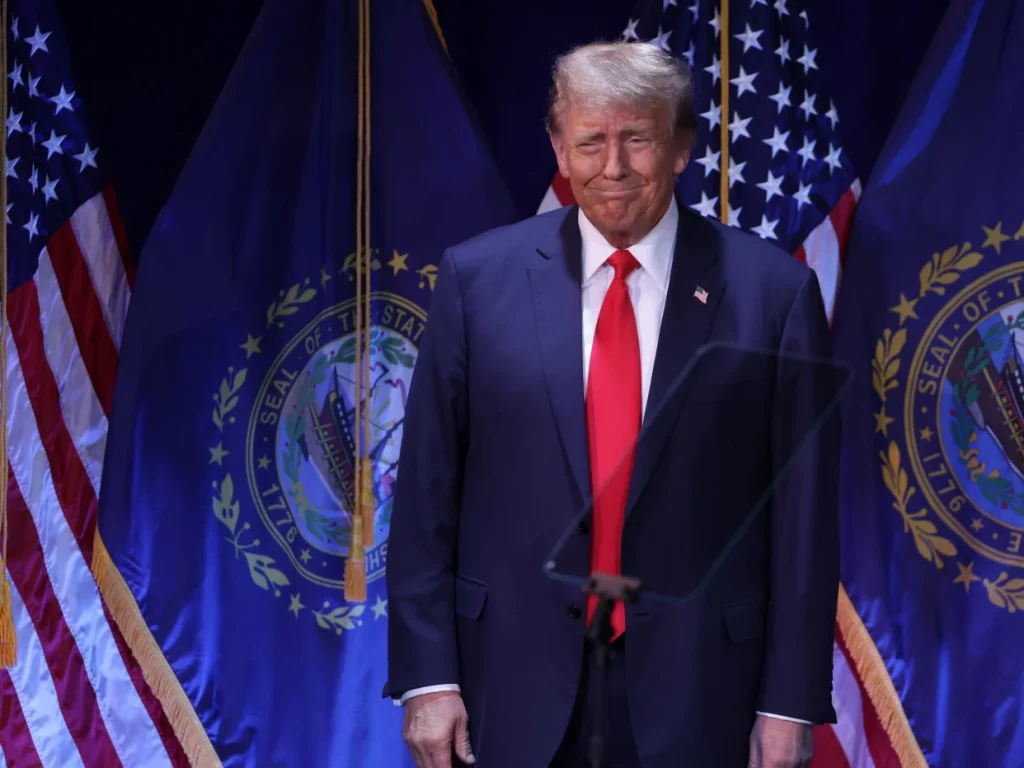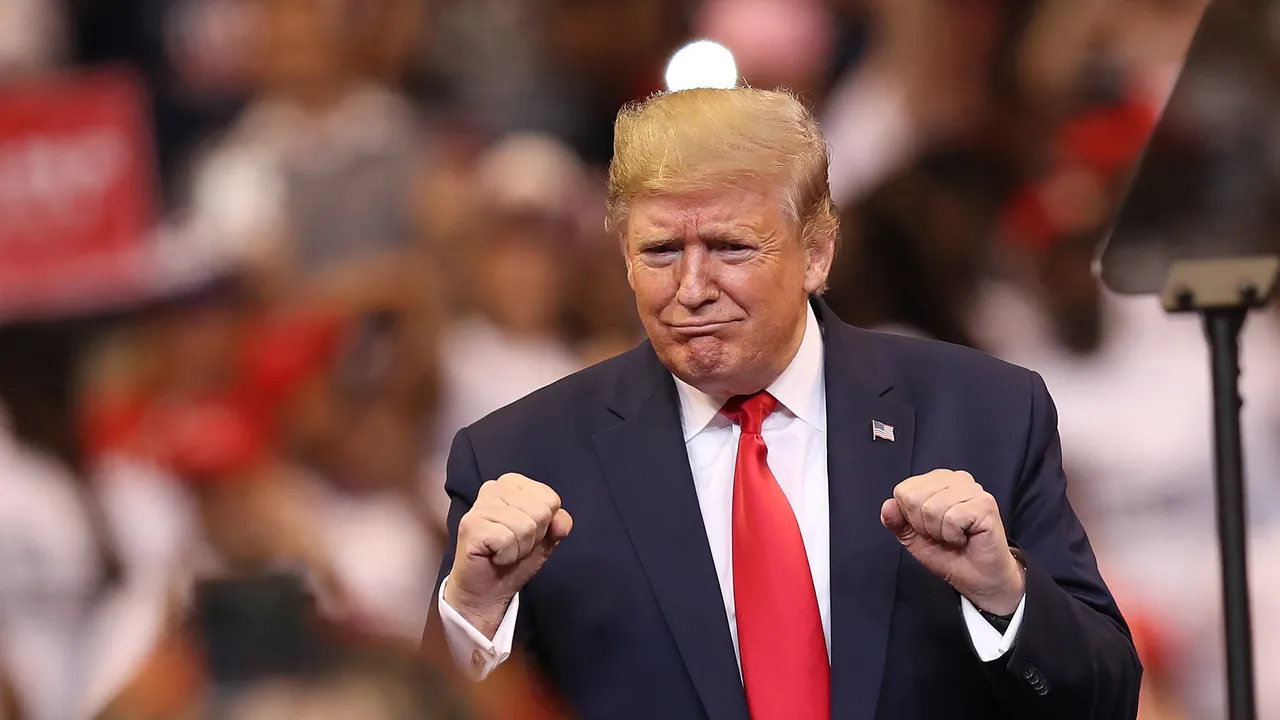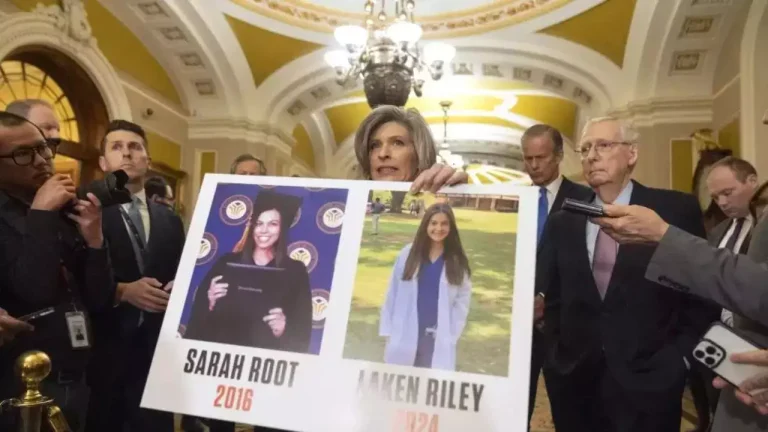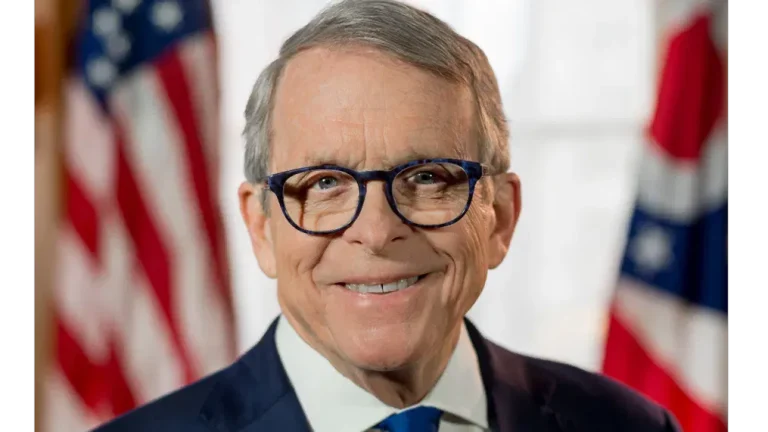In a surprising turn of events, Republican Representative Chip Roy has placed blame on former President Donald Trump for the current challenges at the U.S.-Mexico border. Expressing his discontent, Roy pointed to Trump’s decision to skip Republican primary debates, emphasizing the need for stronger border protection measures.
Roy did not mince words when discussing Trump’s perceived shortcomings, asserting that the former president fell short in safeguarding the nation’s southern border. The representative contended that a different reality could have unfolded if Trump had collaborated with conservatives to advance crucial bills in 2018 and 2019. Roy’s critique adds a layer of complexity to the ongoing discussions surrounding border security within the Republican party.
The focal point of Roy’s criticism revolves around the assertion that Trump’s absence from Republican primary debates and alleged inaction on border protection has contributed to the current challenges faced along the U.S.-Mexico border. The representative’s candid remarks, notably shared on Truth Social, showcase a willingness to confront internal party dynamics.
Interestingly, Roy singled out Florida Governor Ron DeSantis for commendation, praising him as a model leader within the state. This juxtaposition of viewpoints underscores the diversity of opinions within the Republican party regarding effective leadership and policy approaches.

Read more:
- Trump cheers DeSantis’ departure, marking end to 2024 campaign rift
- Florida Allies Withdraw $5M Trump Legal Funding Amid DeSantis Veto Threat
- Impeachment trial defense for Paxton cost $2.3 million
- Trump’s Attorney Renews Call for Mistrial in Writer’s Defamation Case Involving Sex-Abuse Claims
It is worth noting that Roy’s criticisms are not isolated incidents. Previously, the representative had voiced disapproval of Trump’s post-January 6th actions, suggesting a pattern of disagreement between the two prominent figures within the Republican ranks.
As the political landscape evolves, questions emerge about potential repercussions for Roy’s dissenting stance. With the Texas primary election deadline having passed on December 11, the representative’s challenge to Trump’s policies and leadership style faces limited avenues for political expression within the party.
Support for Roy’s outspoken views comes from notable Republican figures, including Florida Governor Ron DeSantis and Representative Thomas Massie of Kentucky. They argue that Roy’s commitment to standing up for his convictions aligns with the principles of a healthy democracy, even if those views deviate from the mainstream conservative narrative. This internal discourse sheds light on the diversity of perspectives within the Republican party, emphasizing the importance of open dialogue and ideological diversity.
Against the backdrop of Roy’s criticism, the overarching issue of border security remains a critical concern. According to U.S. Customs and Border Protection, over 2.4 million migrants have been stopped at the southern U.S. borders in 2023, surpassing figures from the two preceding fiscal years. The stark reality on the ground intensifies the urgency for cohesive policies and bipartisan cooperation to address the multifaceted challenges at the border.
In the intricate tapestry of Republican politics, Roy’s willingness to challenge Trump’s legacy and decisions opens a door to discussions on party values, leadership styles, and policy priorities. The dynamic interplay between party members showcases the complexity of navigating divergent perspectives while striving for a cohesive political agenda.
As the political landscape continues to unfold, the exchange between Roy and Trump underscores the ongoing evolution within the Republican party. It remains to be seen how these internal dynamics will influence the party’s trajectory, especially in the lead-up to crucial elections. The ability to engage in constructive debates and navigate ideological differences will likely play a pivotal role in shaping the future of the party and its policy priorities.















+ There are no comments
Add yours